The Silent Rise of AI Music on Spotify
The role of artificial intelligence is a topic of much debate: is it a revolutionary force poised to take over, or a mere tool enhancing efficiency? Both perspectives hold some truth, as AI permeates numerous technological processes and industries. However, the question of how much AI is excessive remains a subject of ongoing discussion, with potential long-term consequences depending on one’s perspective.
While some embrace AI, others approach it with caution, often fueled by science fiction narratives depicting sentient robots rising up. Yet, basic AI tools like ChatGPT, Microsoft Copilot, and Google Gemini prove valuable for research or everyday tasks. While these represent only a small portion of existing AI applications, they are the most visible and widely used by the general public.
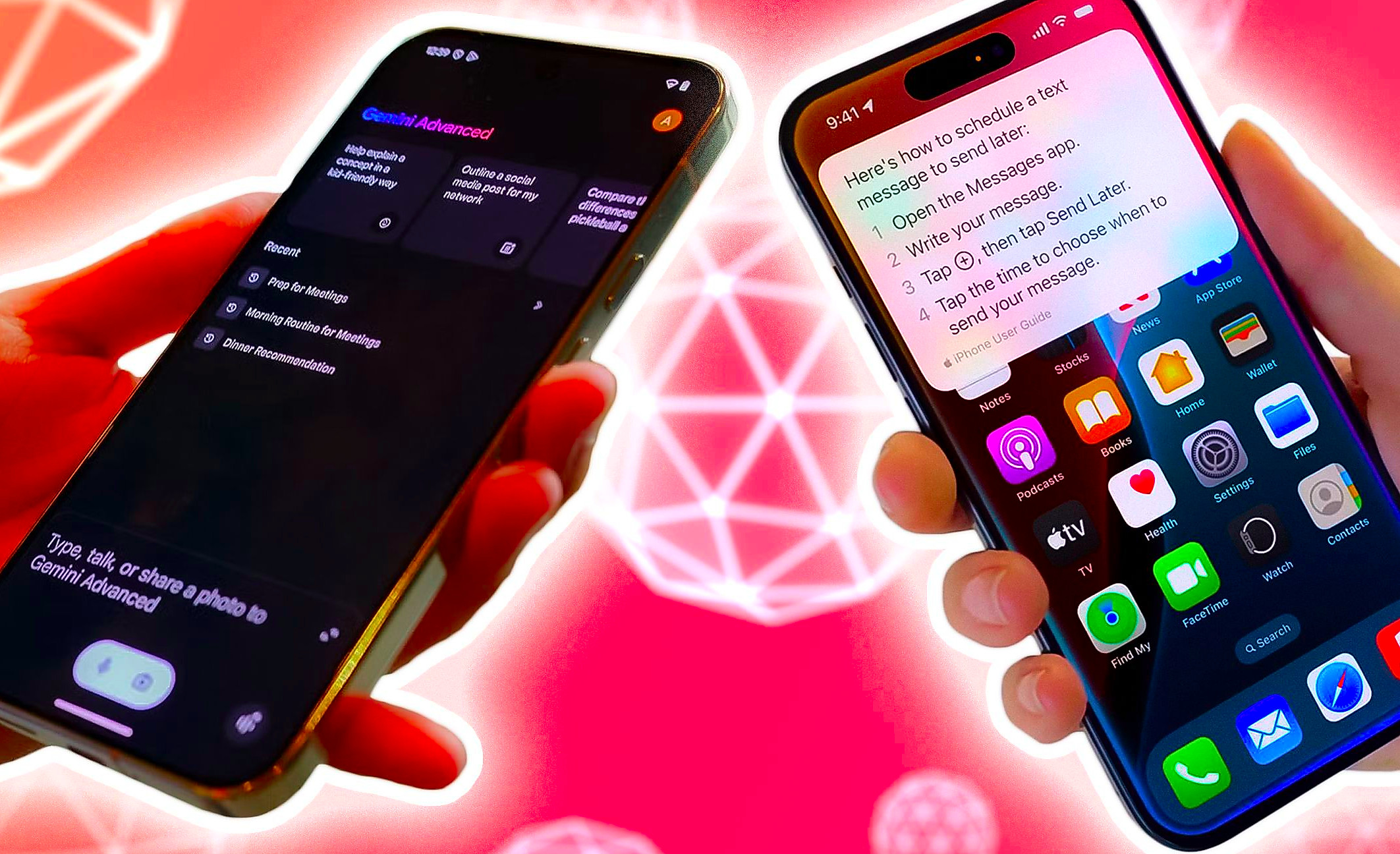
This leads us back to the question of AI’s extent. For The Velvet Sundown, a Spotify artist boasting over 1.1 million monthly listeners, AI represents their entire existence. This seemingly successful band is actually an AI-generated music project, a fact only recently revealed. This raises the question: Is this the future of music and Spotify?

Unmasking the AI Band
The band’s sonic style and song titles gave away their artificial origins. The Velvet Sundown released their debut album on June 5th, and their popularity on Spotify rapidly increased. Their music, reminiscent of 1960s classic rock, features prominent guitars and vocals that may not fully convey their lyrical depth. Song titles like “Dust on the Wind,” “The Wind Still Knows Our Name,” and “Smoke and Silence,” hinted at a certain ambiguity. The album’s title, “Floating on Echoes,” is a vague, artistic expression.
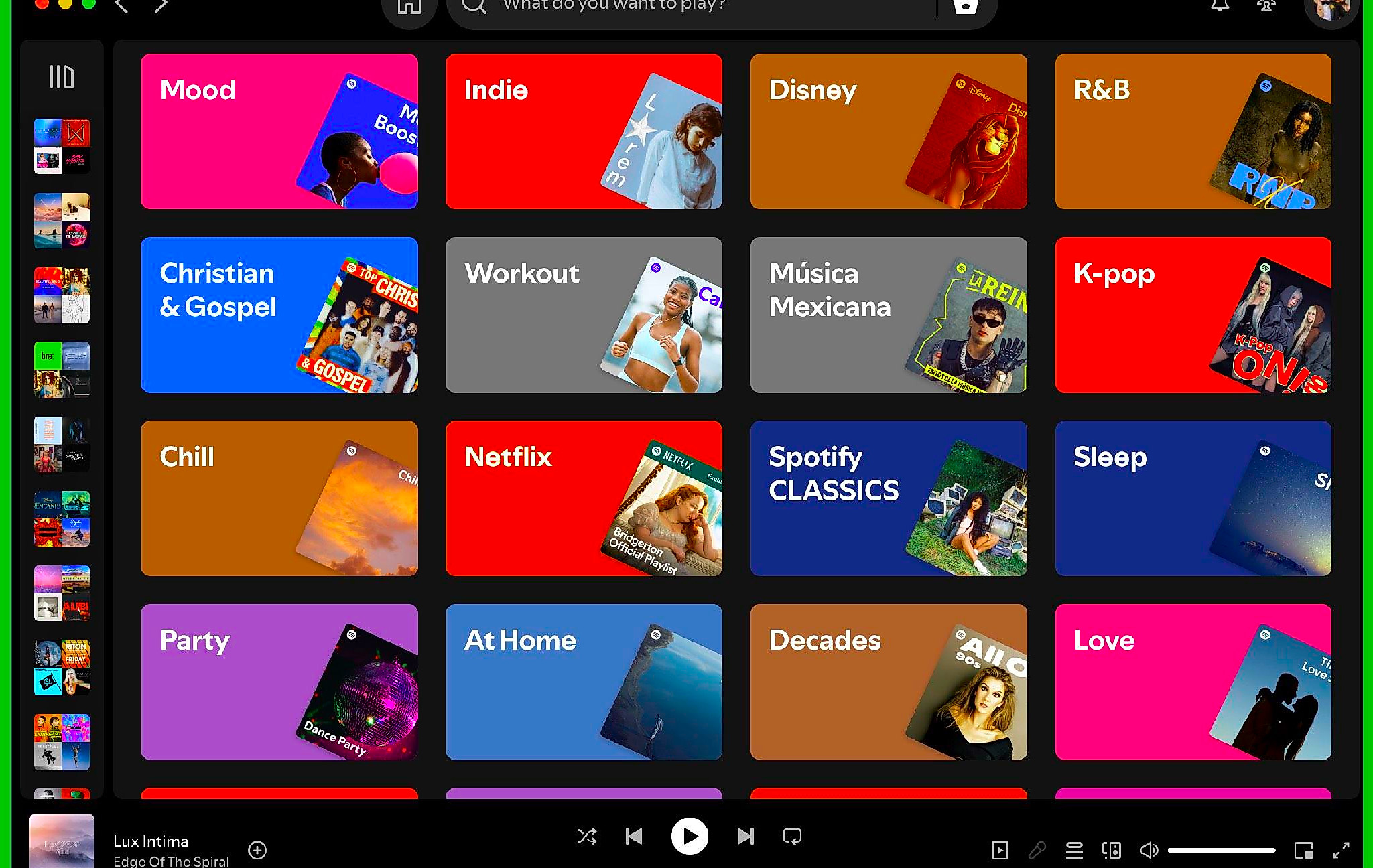
As their listener base and recognition expanded, listeners began to analyze the music’s uniformity; many tracks exhibited a remarkable similarity, reminiscent of a chatbot-generated album. Their chosen imagery and band name further fueled suspicions. Speculation about the band’s use of AI emerged, eventually confirmed as accurate.
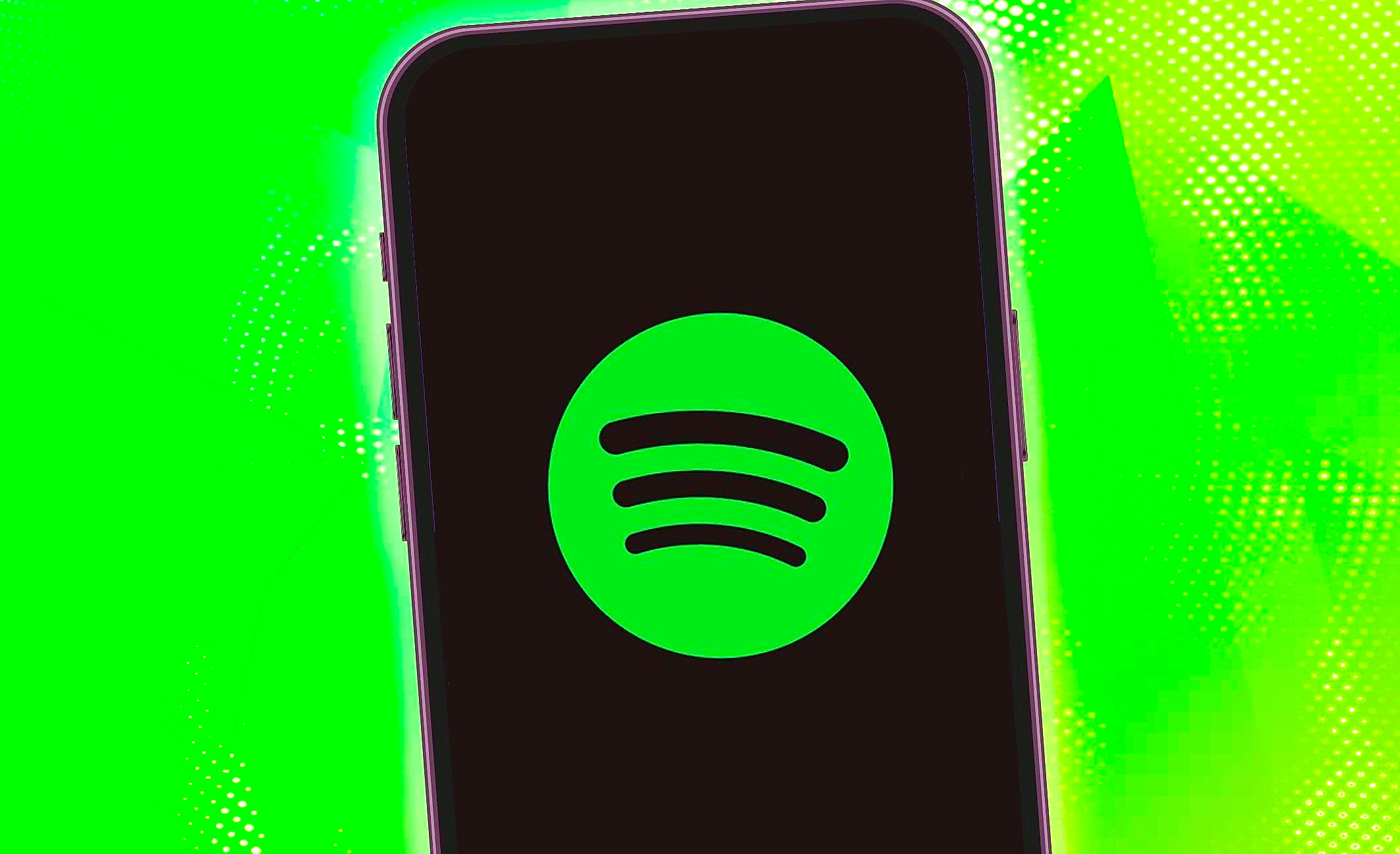
Ethical Considerations
The band’s bio ultimately revealed their AI-generated status. The music’s artificial nature is undeniable, as is the lack of a tangible band. But does this truly matter? Presenting AI-generated music as one’s own work raises ethical concerns, akin to plagiarism. While The Velvet Sundown simply released their music, adopted a band name, generated fitting imagery, and left the audience to discover the truth, this gray area warrants closer scrutiny. Legally, it may be permissible; morally, it is debatable. The granting of a Spotify Verified Artist stamp is particularly questionable.
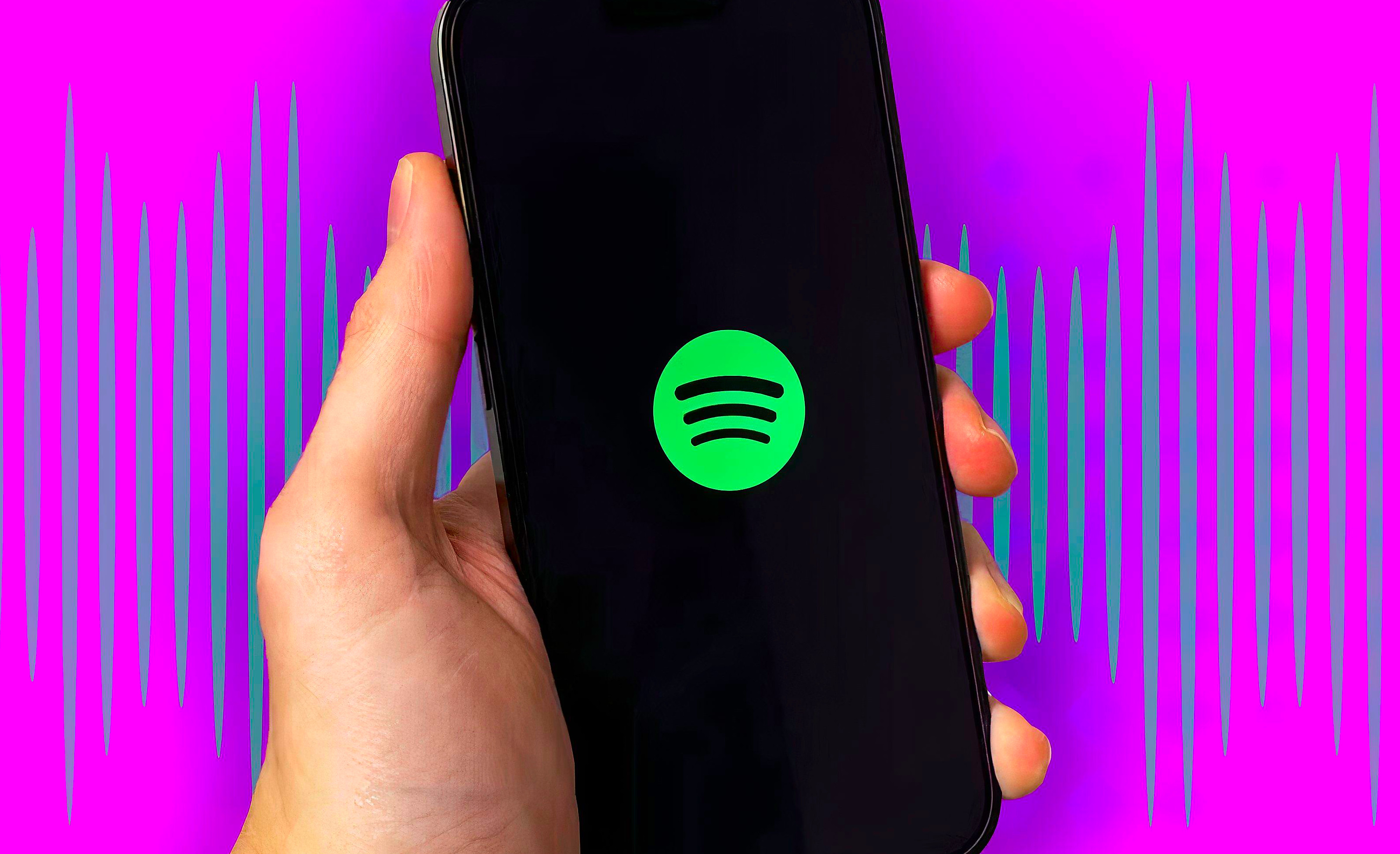
Spotify’s Future Role
Identifying AI-generated music shouldn’t depend on fans deciphering band bios. Spotify’s Verified Artist label should incorporate a clear indicator distinguishing AI-generated content from that of human artists. The label should be modified to clearly state that this is not music created by a human artist actively seeking recognition. The verification process, requiring music upload through Spotify for Artists, profile claiming, submission verification, and additional profile information, needs amendment.
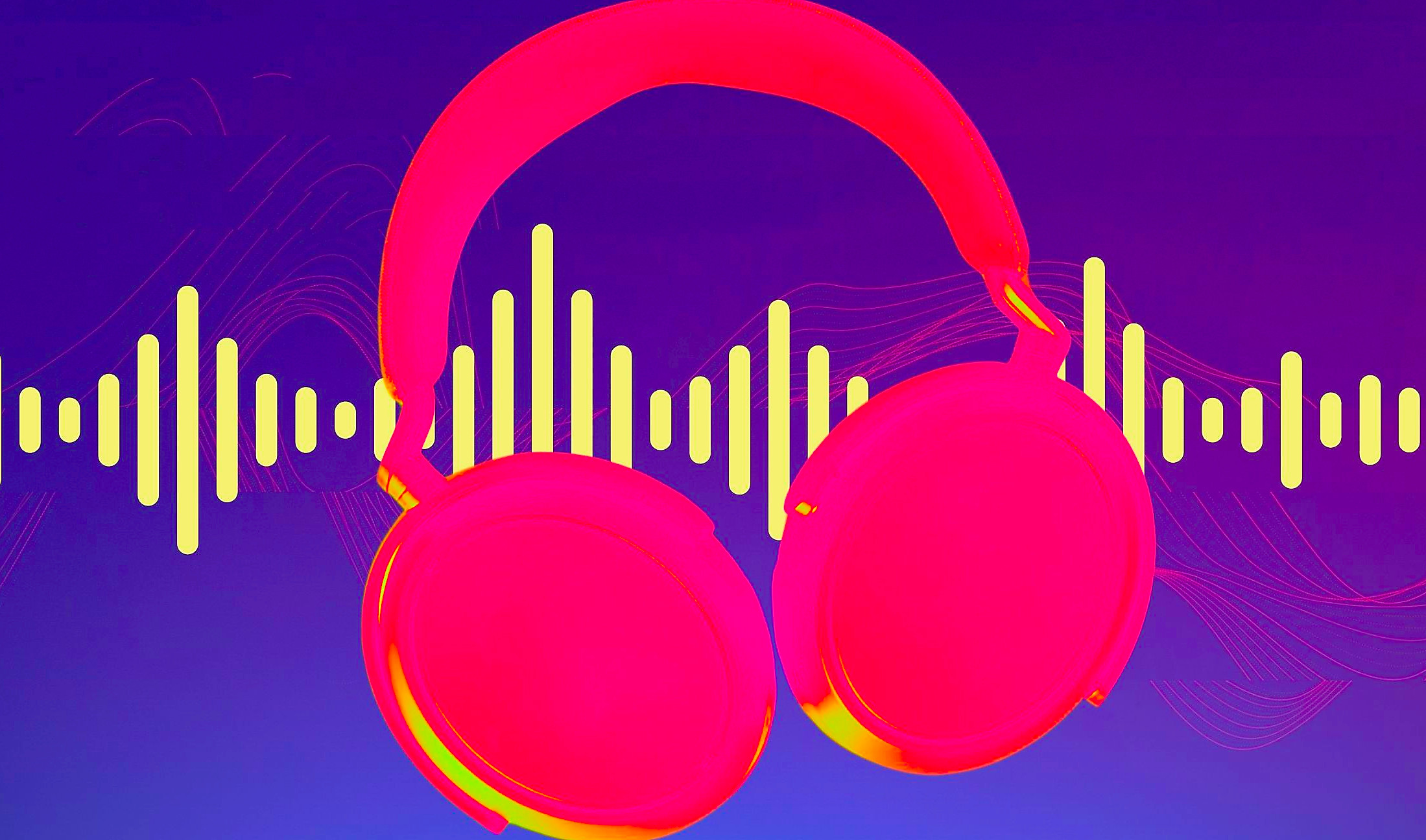
While the use of AI in music creation itself isn’t inherently problematic, the issue lies in its misrepresentation as human-made art. The public’s exposure of The Velvet Sundown highlights a critical concern. Spotify’s initial unawareness of the band’s AI origins doesn’t negate the need for label adjustments. The increasing prevalence of AI-generated content suggests that this situation will likely become more common.
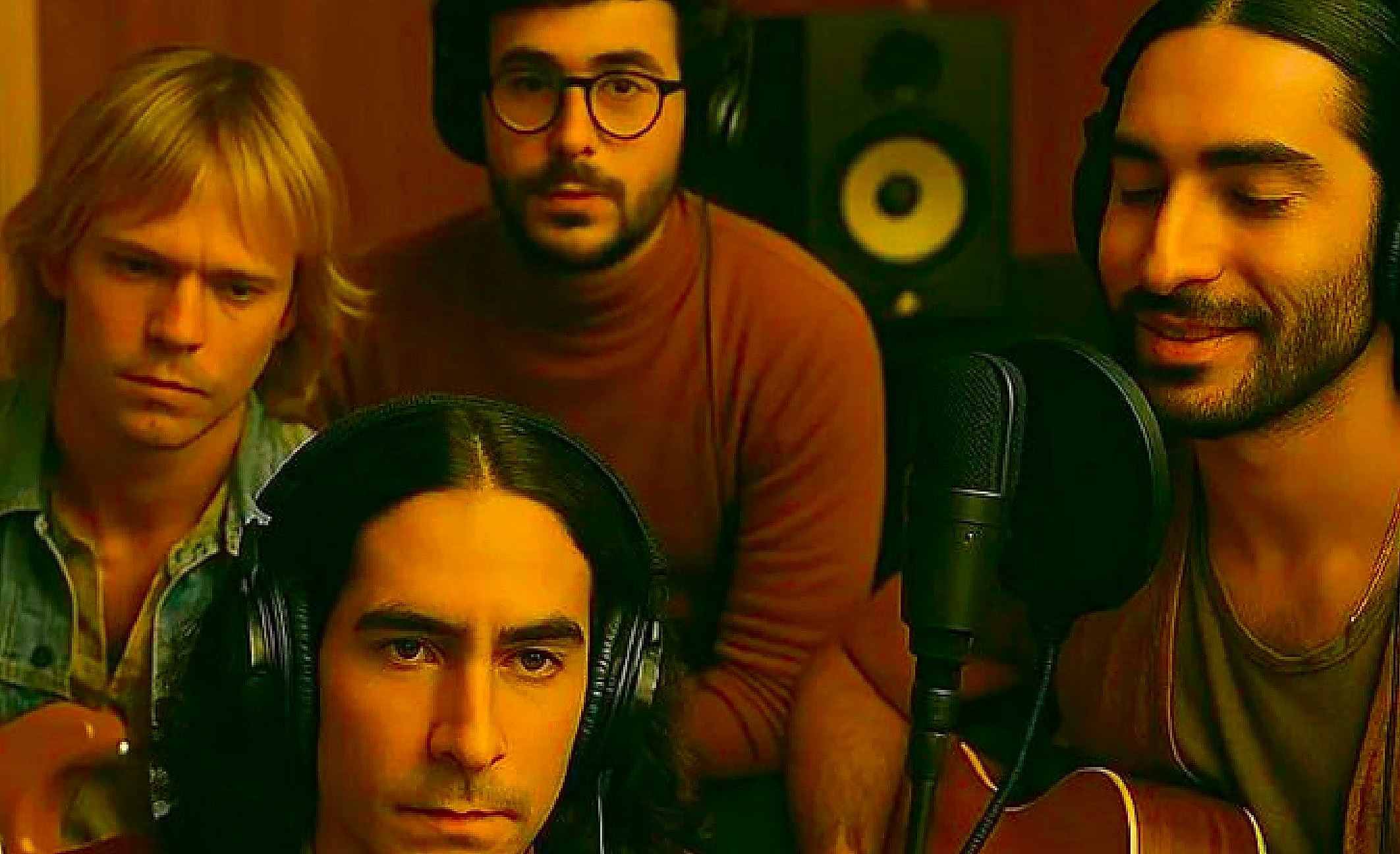
Ultimately, opinions on The Velvet Sundown’s music remain subjective. However, the broader artistic community should address Spotify’s handling of this situation, as it represents a potential challenge to the future of music production.
